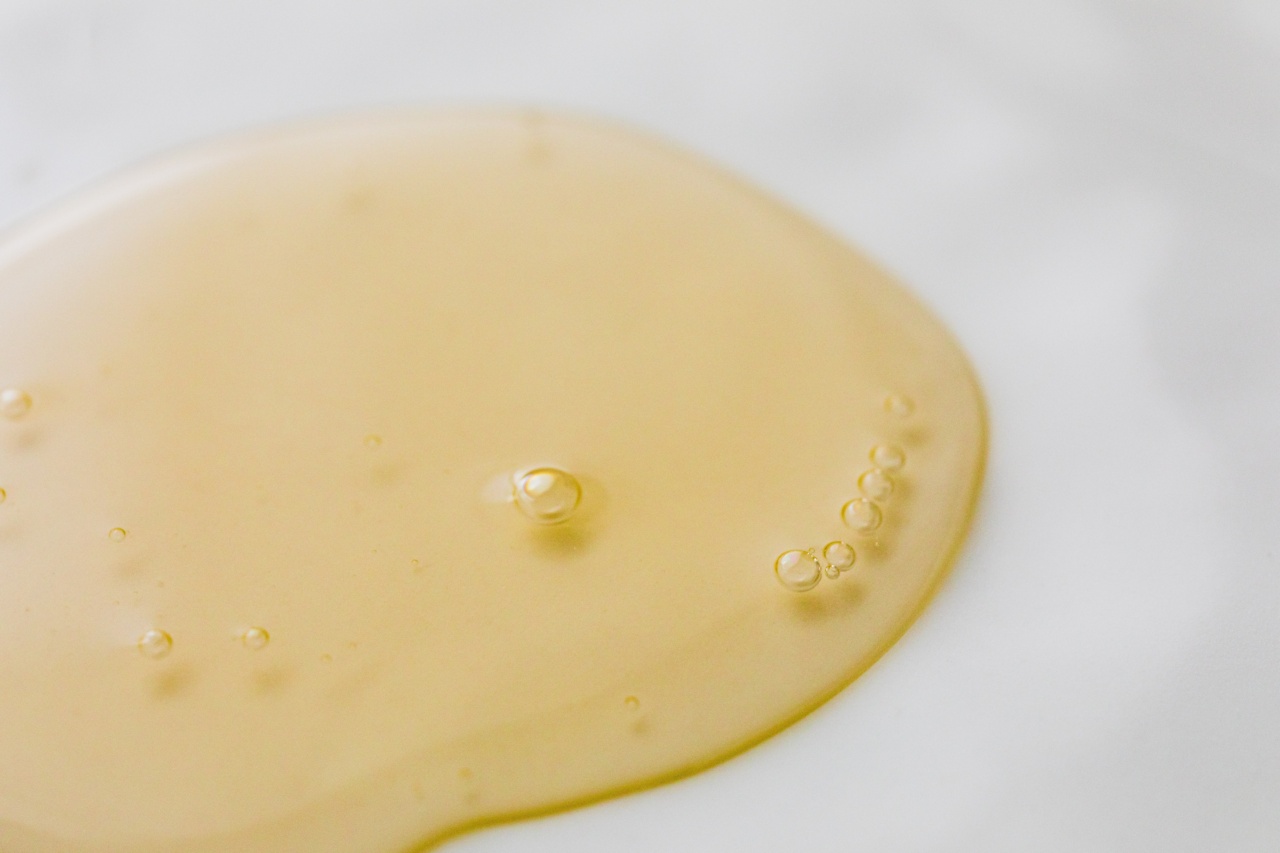Partying, drinking and having a good time with friends is a great way to unwind after a long week or celebrate a special occasion.
Whether it’s a night out at the club, a birthday party or a holiday event, it’s easy to go overboard with alcohol and end up with a hangover the next morning. While there’s no surefire way to avoid a headache or nausea, there are some things you can do to lessen the severity of your symptoms. One of the best ways to deal with the aftermath of a night of drinking is to hydrate before you inebriate.
What Happens When You Drink?
Alcohol is a diuretic, which means that it causes you to urinate more frequently, leading to dehydration.
When you drink alcohol, your kidneys are triggered to expel more fluid than normal, resulting in the characteristic thirst and dry mouth that people experience after a few drinks. The body responds to dehydration by moving water away from less crucial areas to preserve the vital organs. This can cause headaches, muscle cramps, fatigue and lightheadedness.
When you add in the fact that alcohol makes you lose more fluid, it’s no wonder that you can end up feeling terrible the next day.
Why Drinking Water Helps
Drinking water before you start drinking alcohol can help prevent dehydration. It’s important to drink plenty of fluids before you go out, but also throughout the night.
If you’re planning on drinking heavily, having a glass of water between drinks can keep you hydrated while still allowing you to enjoy the fun times. After your night out, make sure to drink plenty of water before you go to bed to hydrate your body as much as possible. This can help reduce the severity of your hangover.
Other Ways to Stay Hydrated
Water is the best choice for staying hydrated, but other drinks can also help keep you hydrated. Sports drinks with electrolytes can be useful for restoring lost fluids and minerals.
They can also help you feel better by reducing any nausea or vomiting you might be experiencing. However, they often contain added sugar, which can be dehydrating and cause you to feel worse in the long run. Coconut water is another option that’s packed with electrolytes and has fewer added sugars than sports drinks.
Why You Should Never Substitute Water for Alcohol
Drinking water is important for staying hydrated, but replacing alcohol with water is not a good idea.
While it’s a good idea to drink water before and during your night out, if you’re trying to avoid alcohol altogether, drinking one glass of water for every drink you would have had can be an effective way to keep you from reaching for another round. Many people abuse alcohol as a way to cope with stress, but replacing alcohol with water can help you find healthier ways of dealing with your stress and emotions.
Other Tips for Preventing Hangovers
In addition to staying hydrated, there are other things you can do to prevent hangovers or minimize their impact. Eating a meal before drinking can help slow the absorption of alcohol and reduce its effects.
Eating a meal before drinking can help slow the absorption of alcohol and reduce its effects. You can also try drinking slowly or having water between drinks to prevent overdrinking. Keeping the number of drinks you consume to a moderate level can also help you avoid getting too drunk and suffering from a severe hangover.
The Bottom Line
Hydrating before drinking and throughout the night can go a long way toward preventing or mitigating the symptoms of a hangover. Water is the best choice for staying hydrated, but other drinks with electrolytes can also help.
It’s important to remember that alcohol is a diuretic, so you’ll need to drink more water than usual to stay ahead of dehydration. As a general rule, try to drink one glass of water for every drink you consume.
While there’s no way to guarantee that you won’t feel the effects of a night out drinking, taking steps to prevent dehydration can help you feel better the next day.































